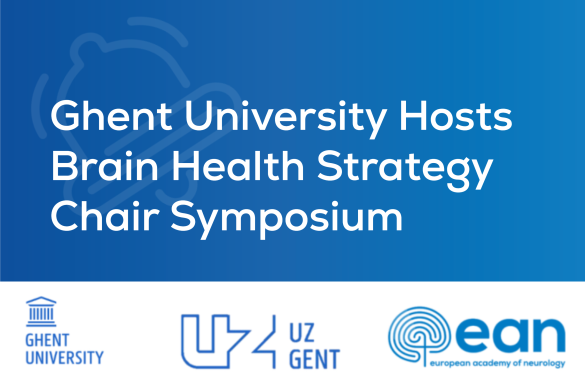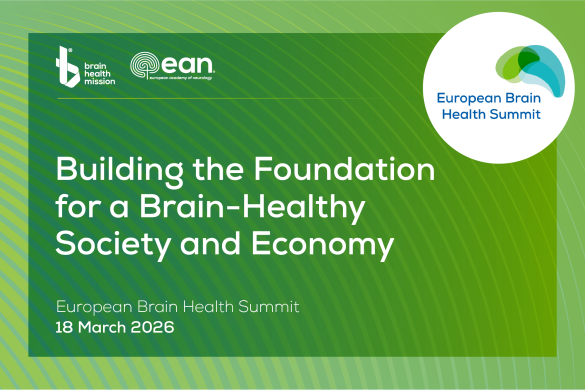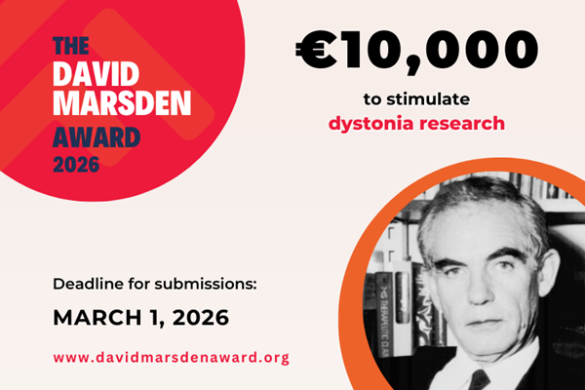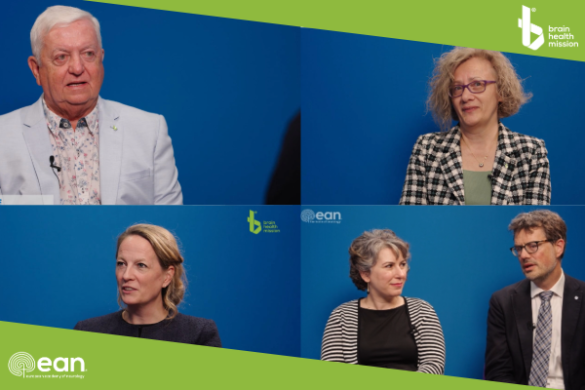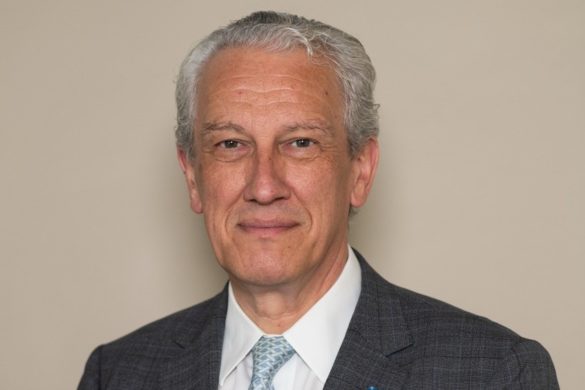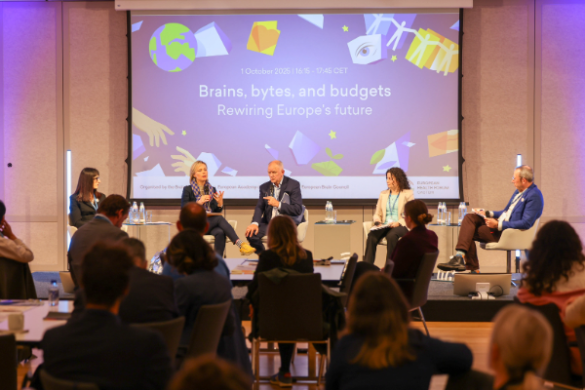The Yaoundé Declaration for the Brain Economy, Brain Health, and Brain Capital has been officially published, marking a significant policy initiative from Africa focused on integrating brain health and cognitive development into economic planning.
Co-authored by 32 sitting members of government from multiple sectors, the Declaration presents a strategic framework aimed at advancing brain economy principles across African countries. It outlines how investments in brain science, human capital, and cognitive resilience can support sustainable economic growth, workforce development, and societal well-being.
The Declaration has been endorsed by the President of Cameroon, His Excellency Paul Biya, and was developed under the leadership of Professor Alfred K. Njamnshi. It proposes a cross-sectoral, transdisciplinary approach and links to global policy frameworks such as the UN Pact for the Future and the Sustainable Development Goals.
Africa is home to 1.5 billion people, with over 60% under the age of 25. By 2035, the continent is expected to have the world’s largest annual increase in working-age population. The Declaration argues that the brain economy offers a policy framework suited to this demographic transformation, enabling countries to improve productivity, innovation, and resilience.
The initiative is expected to inform further developments under the G20 South Africa process and related efforts such as the Brain House initiative.




